How the Tiber MSMS Can Help
There are many reasons why we developed our Master of Science in Medical Sciences (MSMS) program. We saw a need for increasing the diversity of the healthcare workforce, and our program offers these aspiring physicians an alternative path to medical school (or other health professional programs). We identified an opportunity to drive improvement in health professional education through the integration of cutting-edge technology. But we also have another need in mind: the looming nationwide shortage of physicians.
Long predicted by industry and government analysts, the doctor shortage has been accelerated during the COVID-19 pandemic. According to a July 2022 report in TIME Magazine, the American Association of Medical Colleges (AAMC) projects a national shortfall of 54,100 to 139,000 doctors by 2023, while the Kaiser Family Foundation reports that approximately 84 million Americans currently live in a health professional shortage area now.
This article looks at some of the factors contributing to the physician shortage, and how our MSMS program aims to be part of the solution.
Historical Restraints Led to Fewer Doctors Being Trained
One of the main factors driving the current need for physicians stems from a 1981 report that predicted a surplus of doctors. In response to this report, the federal government and medical schools made a series of decisions to deliberately reduce the number of doctors in the United States—decisions that reverberate to this day. Congress acted to limit medical school scholarship funding and reduce the number of medical residencies it funds.
Medical schools declared a moratorium that limited the number of new medical schools and class sizes at existing medical schools from 1980 to 2005. In spite of the fact that nearly 20 years have passed since that moratorium was lifted, the number of doctors being trained is still far below what’s needed to keep up with population growth—especially not a population with a large number of baby boomers (born 1946-1964), who require more intensive medical care as they enter their sixties and seventies.
An Older Doctor Population
Speaking of the baby boom generation, another factor that will accelerate the physician shortage is the very high number of active doctors who are nearing retirement age. The 2020 Census of Actively Licensed Physicians from the Federation of State Medical Boards (FSMB) found that the average age of physicians was 51.7 years old. The FSMB report also shows that more than half of the doctor workforce (52.5 per cent) is over the age of 50. An April 2022 article from the AAMC notes that within the next five years, 35 per cent of the physician workforce will be old enough to retire.
The number of students in medical school in the U.S. has risen, and Congress is taking steps to expand the numbers of residencies it funds. But given that it takes about a decade to train a doctor, we may find ourselves in a situation in the 2030s where we are not able to graduate new doctors as quickly as the veteran doctors retire.
COVID-19 Burnout (and General Burnout)
Burnout—a state of exhaustion brought on by long-term stress—has always troubled the medical profession. According to a 2022 report from the Mayo Clinic, 38.2 per cent of physicians reported one or more symptoms of burnout in 2020. Many physicians leave the profession early due to the high-volume and high-stress workloads. This issue has been accelerated by the unprecedented demands of the COVID-19 pandemic.
A different 2020 Mayo Clinic survey of approximately 21,000 healthcare practitioners found that one in three physicians intend to reduce their number of working hours, while one in five (20 per cent) plan to leave the profession entirely within the next two years. If this trend holds, provider availability will shrink even faster, especially in rural and disadvantaged urban areas where staff are already stretched thin.
How the Tiber MSMS Contributes to Physician Shortage Solutions
Solving the physician shortage requires coordinated, sustained effort across many organizations, from Congress voting to fund more residencies to local hospital boards working to alleviate burnout in their current physician workforces. Tiber Health is proud to play a part in addressing the physician shortage by identifying and preparing more young people for careers in medicine.
Our MSMS program focuses on ensuring that fewer students with the potential to make great doctors get left behind by providing the support and data-driven feedback they—and their faculty members—need to succeed in obtaining admission to health professional programs. We also target our program toward students from racial, ethnic, and class backgrounds that are under-represented in the medical profession, helping to produce graduates who are ready to serve populations that are already experiencing reduced access to care. Finally, we partner with great schools across the nation to expand access to graduate health education. Learn more about our partner schools today!



